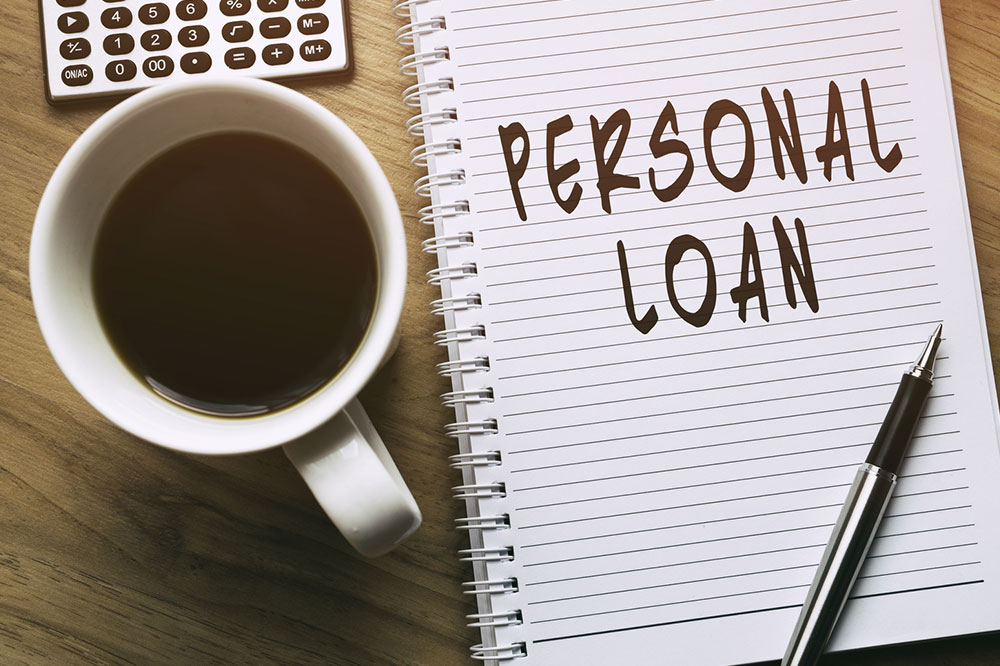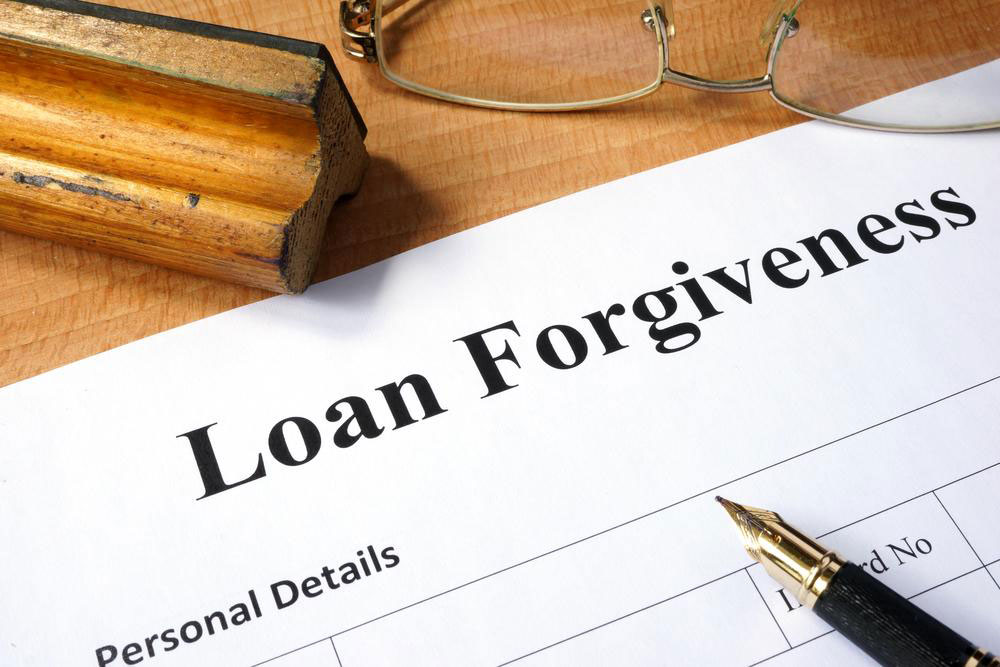Personal loans and all you need to know about them
Several people apply for personal loans to cater to larger expenses in life. One primary reason a lot of people opt for such loans is that these are mostly unsecured. So, that means there’s no need for collateral to avail a personal loan from the bank. Moreover, the processing time of a personal loan is pretty fast. Both banking and non-banking institutions offer these loans to many individuals. Moreover, given the advent of digital services offered by the banks these days, you can now get a personal loan in less than 48 hours.
What is a personal loan?

An unsecured loan, which is offered by the financial institutions after an examination of aspects, such as your repayment capacity, employment history, credit history, profession, and income, is called a personal loan. This multi-purpose loan is often regarded as a consumer loan and can be availed to cater to your immediate needs.
When should a personal loan be taken?
For individuals seeking a personal loan, it could prove to be one viable option under a multitude of circumstances. For instance, if you wish to buy a car, you take an auto loan; you want a home, so you take a mortgage loan; or you ought to pay for your college fee and take up a student loan. However, there’s no certain reason individuals take personal loans; it could be for anything. There’ll be lenders who’ll question you about your reason to take a personal loan. However, if you have taken the loan for a legal and responsible cause, you can use it for whatever reason you deem fit. It is on you to decide what it means for you.
Since collateral is not required for taking personal loans, they are unsecured. So, when you take a car loan, your car becomes your collateral; similarly, in a mortgage loan, the home acts as the collateral. But in case of personal loan, there’s nothing. So, that directly implies that the rate of interest will be huge. However, if you desire a low-cost personal loan, you can also get a secured personal loan.
Here are a few circumstances under which you could get your self personal loan.
- When you have to consolidate your credit cards
When you have more than one credit card, which is charged at the maximum, you should consider consolidating all of your charges into a single monthly payment. Now, what is it that makes the scenario highly appealing? The rate of interest on your loan would be much less than the credit card’s APR (Annual Percentage Rates). So, on repayment of the loan, you’ll naturally feel relaxed; given you’ll again have a new credit limit. - You can use your loan to refinance student loan
If you need a certain financial relief, refinancing the student loans could certainly do the trick for you. The rate of interest on the student loan will be approximately 6.8 percent or even more than that based on the loan that you have. There’s a good chance that you can get a personal loan for a much lower rate of interest to pay back your loan faster. However, here are some issues associated with this whole scenario.
In most cases, student loans do come with a bunch of tax benefits. Moreover, federal loans are packed with a lot of benefits, such as forbearance, deferment, and repayment. Moreover, if the lawmaker would ever consider forgoing a loan anytime in the coming years, besides the loans already in place right now, this refinanced loan wouldn’t be eligible. Moreover, using your loan for paying a whole or a part of the student loan means that you’ll no longer be able to avail of interest payment deductions in your Income Tax Reports. Further, getting personal loans for payment of student loans means you lose out on benefits, such as deferment and forbearance. Moreover, if the balance is considerable, a personal loan wouldn’t be enough to cover it. Thus, before you choose to refinance the student loan, you should take note of all of these issues.
- Personal loans can aid in financing a purchase
Are you planning a big purchase? Is it to satiate your need or wants? If you are planning on taking a loan, it is certainly a better decision than paying the seller via a high-cost bearing credit card. So, you can take a loan and pay your seller in cash. However, much ahead of this, you should directly request the seller about any applicable offer. Then, compare the credit card offer to what a personal loan offer would be like. Depending on the two terms, it would be easier for you to make a choice. - Personal loan to fund your wedding
Many people take personal loans to fund a huge event, like a wedding. Of course, it is better than putting all your expenses on a credit card, which you’ll have to pay off in a month. Taking this loan for some massive expenditure, like a wedding, could certainly save you from a massive interest rate, given that the interest on the loan is much lower than what you’d have to pay on the credit card. - Your loan helps you build a credit
There are three key ways in which your loan proves to be helpful for the credit score. Firstly, in the credit report, if there’s only a credit card debt, then taking a personal loan would give it a good account mix. Taking up distinct forms of loans can certainly be a favorable situation for your credit score. Even those with bad credit can get a personal loan. Secondly, a personal loan can help reduce the credit utilization ratio. Now, what is a credit utilization ratio? It is the comparison between the total debt that you have in comparison to the credit limit. Your credit score will be better if you use a lesser amount of the total credit. When you have a personal loan, the amount that is available for you to use is higher. And finally, when you repay your loan in time, the credit score automatically improves.
Thus, given the right circumstances in which they are taken, the personal loans do prove to be highly useful. For instance, a lot of people are unable to buy a car in cash, so they get an auto loan. So, this makes auto loans helpful. However, before you take any loan, consult a trusted financial institution, measure your options, and then make a choice.
Questions you should ask the lender before taking a personal loan
Here is a list of questions that you should ask the lender before you seek a personal loan.
- Which type of loan should I opt for?
We know that you have decided to take up a personal loan, but you must know and understand that there are a bunch of other options available for you to avail of. There are travel, festive, wedding, and home renovation loans. The type of loan that you take would primarily depend on the end-use of this loan, and the kind of situation that you are in. - What will be the cost of the loan?
On a personal loan, the APR could be anything between 11% to 22%. Certain lenders might also charge an interest less than 11%, while there will also be lenders who charge you over 22%. It all depends on the lender that you pick and your credit history. Given the fact that the APR is variable, it will certainly have a major impact on your monthly pay-outs. Thus, it is important to ascertain the interest on the loan before applying for it. - What will be the processing fee?
Some lenders keep the processing fee somewhere between 0.5% and 2%. However, in certain cases, the processing fee could be 5%, which can affect your overall loan cost. Thus, it is important to be upfront and ask about this to your lender. Sometimes, the bank is ready to negotiate on the processing fee. So, if you are a loyal customer with a bank, you can certainly ask them to reduce or completely waive off the processing fee for you. - Are there any additional charges?
In addition to the processing fee and the interest cost, there might be several other charges that you may have to bear on your loan. These charges could be for- Legal procedures
- Late fees
- Documentation
- Foreclosure
- Prepayment penalty
It is best to get clarity on these charges before availing a loan.
- What is the estimated amount that you’ll get?
Of course, when you reach a bank or a lending institution, you’ll ask for a loan of a particular amount. However, when the additional cost on the loan is added, the amount of the loan naturally increases. Thus, you should ask the bank upfront about the amount of the loan that you’ll get so that you can be mentally prepared to bear this financial cost. - How much time would the bank take for the approval of your loan application?
In most cases, personal loans get approved quite quickly. There have been times when people have got the approval of their loan application in less than a day. However, the processing of the loan might take some additional time after approval. So, if you are in an urgent need for a loan, it is best to communicate this to your lender. - How long does disbursement take?
It is an important question that must be asked by your lender. Though in most cases, the amount of the loan will reflect in your account any time between 3 and 5 working days, it is best to get better clarity on it from the bank.
Documents that you need for getting a personal loan
When you apply for a personal loan, you will be asked to submit a bunch of documents. These papers include
- Loan application
All lenders have their loan application, which is mandatory for you to fill in. Only once this application is filled in, your process of the loan will be further initiated. - Identity proof
This is needed to ensure that you are not pretending to be someone you are not. Furthermore, to get a loan in the country, you should be a permanent resident or a citizen of the United States. Also, every individual applying for a personal loan must be aged 18 years or older. There is a mandatory need for at least two types of identifications to be submitted to the bank, such as- Passport
- Birth certificate
- Certificate of citizenship
- Driving license
- Birth certificate
- State-issued ID card
- Address proof
In addition to these documents, the lender will also need proof of your current living situation. They must determine that your lifestyle is stable. For this, you could submit either of the following documents:- Rental or lease agreement
- Voter registration card
- Utility bills
- Document proof of insurance on the vehicle, rental, lease, or home
- Income and employer verification
The unsecured personal loan taken by you is vastly different from all the other forms of loans like mortgages. In personal loans, there’s zero collateral backing as such. As a result, the risk for the lender is higher. This makes it a necessity for the agencies to ensure that you are creditworthy. So, for this, they’ll examine your documents that will give them proof that your income source is steady and you are capable to repay their loan. Here, is a list of documents that you can submit for your income verification:- Your tax returns of the previous two years and/or 1099s and W2s of the last two years
- Your last two paystubs
- Last two month’s bank statements
- Contact information of your employer




